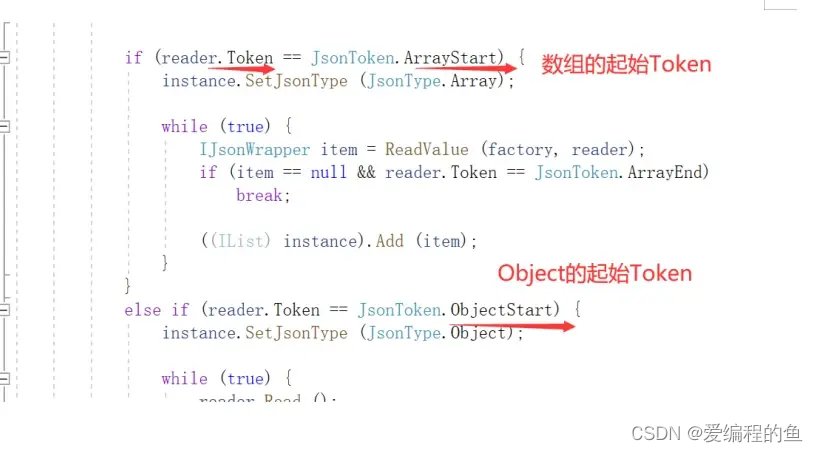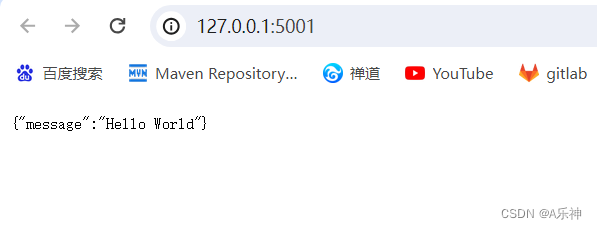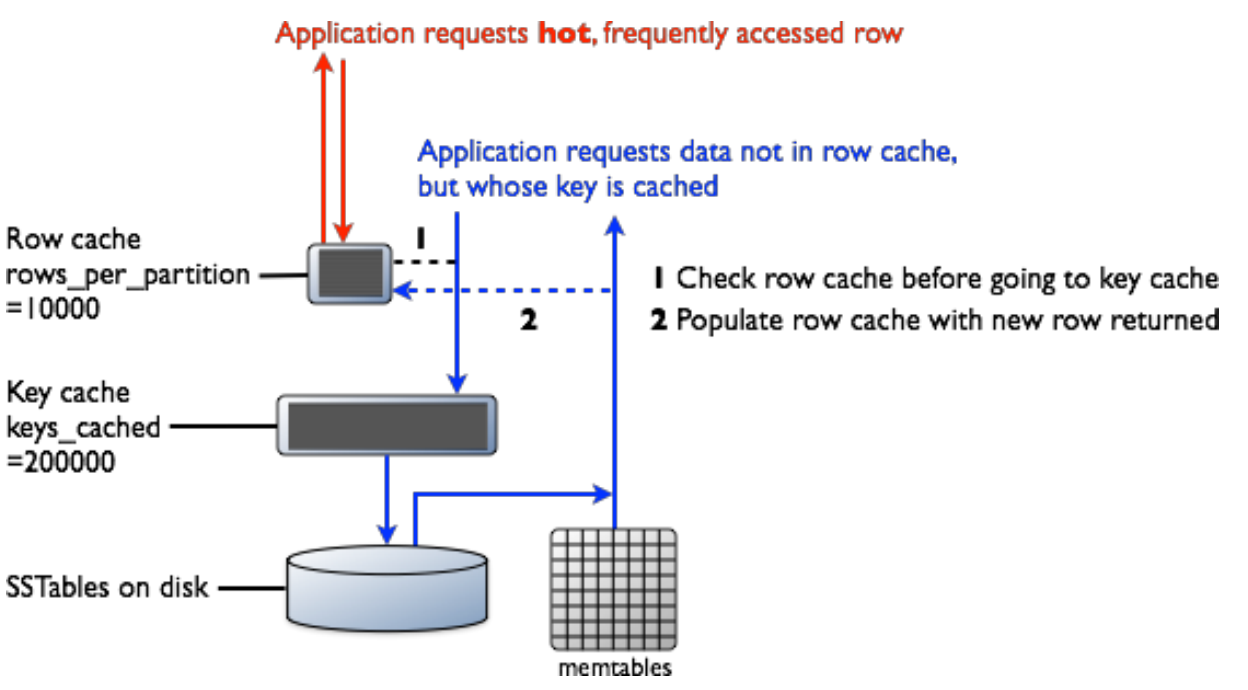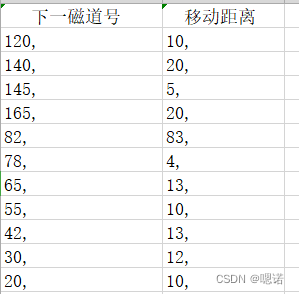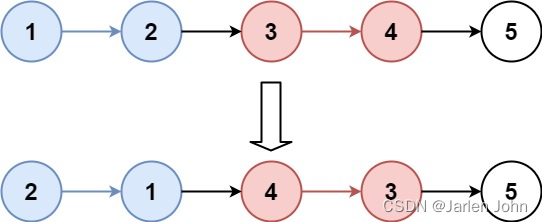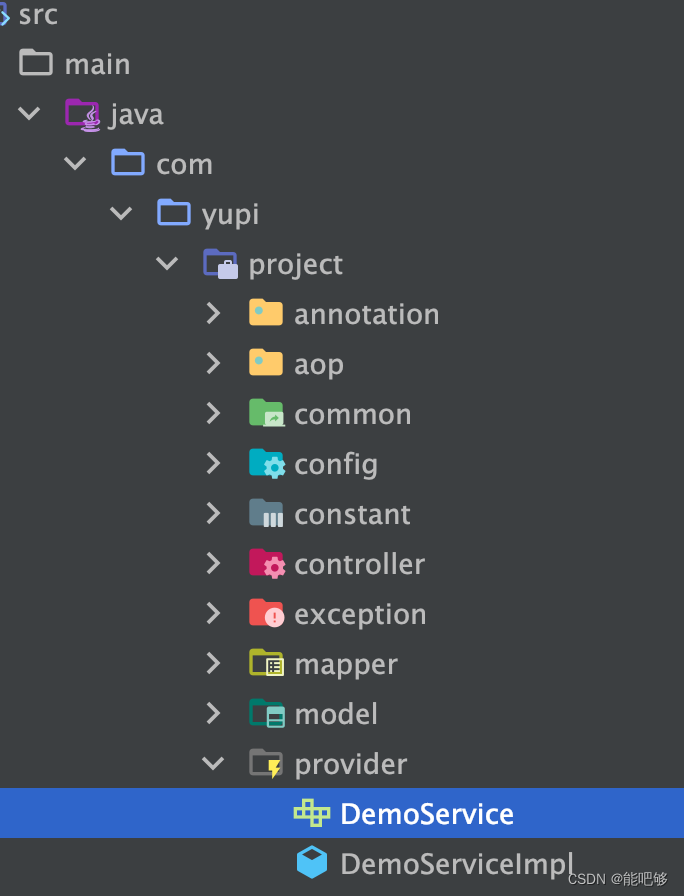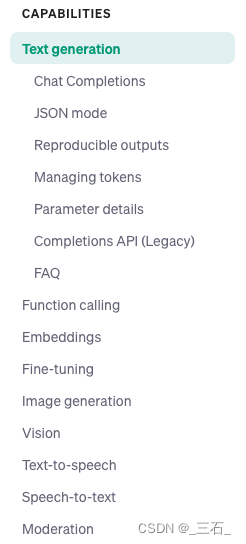环境准备 在上一篇文章
把mux.c 拷贝到main.c 中 使用 attribute(unused) 消除警告
__attribute__(unused)
/** Copyright (c) 2003 Fabrice Bellard** Permission is hereby granted, free of charge, to any person obtaining a copy* of this software and associated documentation files (the "Software"), to deal* in the Software without restriction, including without limitation the rights* to use, copy, modify, merge, publish, distribute, sublicense, and/or sell* copies of the Software, and to permit persons to whom the Software is* furnished to do so, subject to the following conditions:** The above copyright notice and this permission notice shall be included in* all copies or substantial portions of the Software.** THE SOFTWARE IS PROVIDED "AS IS", WITHOUT WARRANTY OF ANY KIND, EXPRESS OR* IMPLIED, INCLUDING BUT NOT LIMITED TO THE WARRANTIES OF MERCHANTABILITY,* FITNESS FOR A PARTICULAR PURPOSE AND NONINFRINGEMENT. IN NO EVENT SHALL* THE AUTHORS OR COPYRIGHT HOLDERS BE LIABLE FOR ANY CLAIM, DAMAGES OR OTHER* LIABILITY, WHETHER IN AN ACTION OF CONTRACT, TORT OR OTHERWISE, ARISING FROM,* OUT OF OR IN CONNECTION WITH THE SOFTWARE OR THE USE OR OTHER DEALINGS IN* THE SOFTWARE.*//*** @file libavformat muxing API usage example* @example mux.c** Generate a synthetic audio and video signal and mux them to a media file in* any supported libavformat format. The default codecs are used.*/#include <stdlib.h>
#include <stdio.h>
#include <string.h>
#include <math.h>#include <libavutil/avassert.h>
#include <libavutil/channel_layout.h>
#include <libavutil/opt.h>
#include <libavutil/mathematics.h>
#include <libavutil/timestamp.h>
#include <libavcodec/avcodec.h>
#include <libavformat/avformat.h>
#include <libswscale/swscale.h>
#include <libswresample/swresample.h>#define STREAM_DURATION 10.0
#define STREAM_FRAME_RATE 25 /* 25 images/s */
#define STREAM_PIX_FMT AV_PIX_FMT_YUV420P /* default pix_fmt */#define SCALE_FLAGS SWS_BICUBIC// a wrapper around a single output AVStream
typedef struct OutputStream {AVStream *st;AVCodecContext *enc;/* pts of the next frame that will be generated */int64_t next_pts;int samples_count;AVFrame *frame;AVFrame *tmp_frame;AVPacket *tmp_pkt;float t, tincr, tincr2;struct SwsContext *sws_ctx;struct SwrContext *swr_ctx;
} OutputStream;static void log_packet(const AVFormatContext *fmt_ctx, const AVPacket *pkt)
{AVRational *time_base = &fmt_ctx->streams[pkt->stream_index]->time_base;printf("pts:%s pts_time:%s dts:%s dts_time:%s duration:%s duration_time:%s stream_index:%d\n",av_ts2str(pkt->pts), av_ts2timestr(pkt->pts, time_base),av_ts2str(pkt->dts), av_ts2timestr(pkt->dts, time_base),av_ts2str(pkt->duration), av_ts2timestr(pkt->duration, time_base),pkt->stream_index);
}static int write_frame(AVFormatContext *fmt_ctx, AVCodecContext *c,AVStream *st, AVFrame *frame, AVPacket *pkt)
{int ret;// send the frame to the encoderret = avcodec_send_frame(c, frame);if (ret < 0) {fprintf(stderr, "Error sending a frame to the encoder: %s\n",av_err2str(ret));exit(1);}while (ret >= 0) {ret = avcodec_receive_packet(c, pkt);if (ret == AVERROR(EAGAIN) || ret == AVERROR_EOF)break;else if (ret < 0) {fprintf(stderr, "Error encoding a frame: %s\n", av_err2str(ret));exit(1);}/* rescale output packet timestamp values from codec to stream timebase */av_packet_rescale_ts(pkt, c->time_base, st->time_base);pkt->stream_index = st->index;/* Write the compressed frame to the media file. */log_packet(fmt_ctx, pkt);ret = av_interleaved_write_frame(fmt_ctx, pkt);/* pkt is now blank (av_interleaved_write_frame() takes ownership of* its contents and resets pkt), so that no unreferencing is necessary.* This would be different if one used av_write_frame(). */if (ret < 0) {fprintf(stderr, "Error while writing output packet: %s\n", av_err2str(ret));exit(1);}}return ret == AVERROR_EOF ? 1 : 0;
}/* Add an output stream. */
static void add_stream(OutputStream *ost, AVFormatContext *oc,const AVCodec **codec,enum AVCodecID codec_id)
{AVCodecContext *c;int i;/* find the encoder */*codec = avcodec_find_encoder(codec_id);if (!(*codec)) {fprintf(stderr, "Could not find encoder for '%s'\n",avcodec_get_name(codec_id));exit(1);}ost->tmp_pkt = av_packet_alloc();if (!ost->tmp_pkt) {fprintf(stderr, "Could not allocate AVPacket\n");exit(1);}ost->st = avformat_new_stream(oc, NULL);if (!ost->st) {fprintf(stderr, "Could not allocate stream\n");exit(1);}ost->st->id = oc->nb_streams-1;c = avcodec_alloc_context3(*codec);if (!c) {fprintf(stderr, "Could not alloc an encoding context\n");exit(1);}ost->enc = c;switch ((*codec)->type) {case AVMEDIA_TYPE_AUDIO:c->sample_fmt = (*codec)->sample_fmts ?(*codec)->sample_fmts[0] : AV_SAMPLE_FMT_FLTP;c->bit_rate = 64000;c->sample_rate = 44100;if ((*codec)->supported_samplerates) {c->sample_rate = (*codec)->supported_samplerates[0];for (i = 0; (*codec)->supported_samplerates[i]; i++) {if ((*codec)->supported_samplerates[i] == 44100)c->sample_rate = 44100;}}av_channel_layout_copy(&c->ch_layout, &(AVChannelLayout)AV_CHANNEL_LAYOUT_STEREO);ost->st->time_base = (AVRational){ 1, c->sample_rate };break;case AVMEDIA_TYPE_VIDEO:c->codec_id = codec_id;c->bit_rate = 400000;/* Resolution must be a multiple of two. */c->width = 352;c->height = 288;/* timebase: This is the fundamental unit of time (in seconds) in terms* of which frame timestamps are represented. For fixed-fps content,* timebase should be 1/framerate and timestamp increments should be* identical to 1. */ost->st->time_base = (AVRational){ 1, STREAM_FRAME_RATE };c->time_base = ost->st->time_base;c->gop_size = 12; /* emit one intra frame every twelve frames at most */c->pix_fmt = STREAM_PIX_FMT;if (c->codec_id == AV_CODEC_ID_MPEG2VIDEO) {/* just for testing, we also add B-frames */c->max_b_frames = 2;}if (c->codec_id == AV_CODEC_ID_MPEG1VIDEO) {/* Needed to avoid using macroblocks in which some coeffs overflow.* This does not happen with normal video, it just happens here as* the motion of the chroma plane does not match the luma plane. */c->mb_decision = 2;}break;default:break;}/* Some formats want stream headers to be separate. */if (oc->oformat->flags & AVFMT_GLOBALHEADER)c->flags |= AV_CODEC_FLAG_GLOBAL_HEADER;
}/**************************************************************/
/* audio output */static AVFrame *alloc_audio_frame(enum AVSampleFormat sample_fmt,const AVChannelLayout *channel_layout,int sample_rate, int nb_samples)
{AVFrame *frame = av_frame_alloc();if (!frame) {fprintf(stderr, "Error allocating an audio frame\n");exit(1);}frame->format = sample_fmt;av_channel_layout_copy(&frame->ch_layout, channel_layout);frame->sample_rate = sample_rate;frame->nb_samples = nb_samples;if (nb_samples) {if (av_frame_get_buffer(frame, 0) < 0) {fprintf(stderr, "Error allocating an audio buffer\n");exit(1);}}return frame;
}static void open_audio(__attribute__((unused)) AVFormatContext *oc, const AVCodec *codec,OutputStream *ost, AVDictionary *opt_arg)
{AVCodecContext *c;int nb_samples;int ret;AVDictionary *opt = NULL;c = ost->enc;/* open it */av_dict_copy(&opt, opt_arg, 0);ret = avcodec_open2(c, codec, &opt);av_dict_free(&opt);if (ret < 0) {fprintf(stderr, "Could not open audio codec: %s\n", av_err2str(ret));exit(1);}/* init signal generator */ost->t = 0;ost->tincr = 2 * M_PI * 110.0 / c->sample_rate;/* increment frequency by 110 Hz per second */ost->tincr2 = 2 * M_PI * 110.0 / c->sample_rate / c->sample_rate;if (c->codec->capabilities & AV_CODEC_CAP_VARIABLE_FRAME_SIZE)nb_samples = 10000;elsenb_samples = c->frame_size;ost->frame = alloc_audio_frame(c->sample_fmt, &c->ch_layout,c->sample_rate, nb_samples);ost->tmp_frame = alloc_audio_frame(AV_SAMPLE_FMT_S16, &c->ch_layout,c->sample_rate, nb_samples);/* copy the stream parameters to the muxer */ret = avcodec_parameters_from_context(ost->st->codecpar, c);if (ret < 0) {fprintf(stderr, "Could not copy the stream parameters\n");exit(1);}/* create resampler context */ost->swr_ctx = swr_alloc();if (!ost->swr_ctx) {fprintf(stderr, "Could not allocate resampler context\n");exit(1);}/* set options */av_opt_set_chlayout (ost->swr_ctx, "in_chlayout", &c->ch_layout, 0);av_opt_set_int (ost->swr_ctx, "in_sample_rate", c->sample_rate, 0);av_opt_set_sample_fmt(ost->swr_ctx, "in_sample_fmt", AV_SAMPLE_FMT_S16, 0);av_opt_set_chlayout (ost->swr_ctx, "out_chlayout", &c->ch_layout, 0);av_opt_set_int (ost->swr_ctx, "out_sample_rate", c->sample_rate, 0);av_opt_set_sample_fmt(ost->swr_ctx, "out_sample_fmt", c->sample_fmt, 0);/* initialize the resampling context */if ((ret = swr_init(ost->swr_ctx)) < 0) {fprintf(stderr, "Failed to initialize the resampling context\n");exit(1);}
}/* Prepare a 16 bit dummy audio frame of 'frame_size' samples and* 'nb_channels' channels. */
static AVFrame *get_audio_frame(OutputStream *ost)
{AVFrame *frame = ost->tmp_frame;int j, i, v;int16_t *q = (int16_t*)frame->data[0];/* check if we want to generate more frames */if (av_compare_ts(ost->next_pts, ost->enc->time_base,STREAM_DURATION, (AVRational){ 1, 1 }) > 0)return NULL;for (j = 0; j <frame->nb_samples; j++) {v = (int)(sin(ost->t) * 10000);for (i = 0; i < ost->enc->ch_layout.nb_channels; i++)*q++ = v;ost->t += ost->tincr;ost->tincr += ost->tincr2;}frame->pts = ost->next_pts;ost->next_pts += frame->nb_samples;return frame;
}/** encode one audio frame and send it to the muxer* return 1 when encoding is finished, 0 otherwise*/
static int write_audio_frame(AVFormatContext *oc, OutputStream *ost)
{AVCodecContext *c;AVFrame *frame;int ret;int dst_nb_samples;c = ost->enc;frame = get_audio_frame(ost);if (frame) {/* convert samples from native format to destination codec format, using the resampler *//* compute destination number of samples */dst_nb_samples = av_rescale_rnd(swr_get_delay(ost->swr_ctx, c->sample_rate) + frame->nb_samples,c->sample_rate, c->sample_rate, AV_ROUND_UP);av_assert0(dst_nb_samples == frame->nb_samples);/* when we pass a frame to the encoder, it may keep a reference to it* internally;* make sure we do not overwrite it here*/ret = av_frame_make_writable(ost->frame);if (ret < 0)exit(1);/* convert to destination format */ret = swr_convert(ost->swr_ctx,ost->frame->data, dst_nb_samples,(const uint8_t **)frame->data, frame->nb_samples);if (ret < 0) {fprintf(stderr, "Error while converting\n");exit(1);}frame = ost->frame;frame->pts = av_rescale_q(ost->samples_count, (AVRational){1, c->sample_rate}, c->time_base);ost->samples_count += dst_nb_samples;}return write_frame(oc, c, ost->st, frame, ost->tmp_pkt);
}/**************************************************************/
/* video output */static AVFrame *alloc_frame(enum AVPixelFormat pix_fmt, int width, int height)
{AVFrame *frame;int ret;frame = av_frame_alloc();if (!frame)return NULL;frame->format = pix_fmt;frame->width = width;frame->height = height;/* allocate the buffers for the frame data */ret = av_frame_get_buffer(frame, 0);if (ret < 0) {fprintf(stderr, "Could not allocate frame data.\n");exit(1);}return frame;
}static void open_video(__attribute__((unused)) AVFormatContext *oc, const AVCodec *codec,OutputStream *ost, AVDictionary *opt_arg)
{int ret;AVCodecContext *c = ost->enc;AVDictionary *opt = NULL;av_dict_copy(&opt, opt_arg, 0);/* open the codec */ret = avcodec_open2(c, codec, &opt);av_dict_free(&opt);if (ret < 0) {fprintf(stderr, "Could not open video codec: %s\n", av_err2str(ret));exit(1);}/* allocate and init a re-usable frame */ost->frame = alloc_frame(c->pix_fmt, c->width, c->height);if (!ost->frame) {fprintf(stderr, "Could not allocate video frame\n");exit(1);}/* If the output format is not YUV420P, then a temporary YUV420P* picture is needed too. It is then converted to the required* output format. */ost->tmp_frame = NULL;if (c->pix_fmt != AV_PIX_FMT_YUV420P) {ost->tmp_frame = alloc_frame(AV_PIX_FMT_YUV420P, c->width, c->height);if (!ost->tmp_frame) {fprintf(stderr, "Could not allocate temporary video frame\n");exit(1);}}/* copy the stream parameters to the muxer */ret = avcodec_parameters_from_context(ost->st->codecpar, c);if (ret < 0) {fprintf(stderr, "Could not copy the stream parameters\n");exit(1);}
}/* Prepare a dummy image. */
static void fill_yuv_image(AVFrame *pict, int frame_index,int width, int height)
{int x, y, i;i = frame_index;/* Y */for (y = 0; y < height; y++)for (x = 0; x < width; x++)pict->data[0][y * pict->linesize[0] + x] = x + y + i * 3;/* Cb and Cr */for (y = 0; y < height / 2; y++) {for (x = 0; x < width / 2; x++) {pict->data[1][y * pict->linesize[1] + x] = 128 + y + i * 2;pict->data[2][y * pict->linesize[2] + x] = 64 + x + i * 5;}}
}static AVFrame *get_video_frame(OutputStream *ost)
{AVCodecContext *c = ost->enc;/* check if we want to generate more frames */if (av_compare_ts(ost->next_pts, c->time_base,STREAM_DURATION, (AVRational){ 1, 1 }) > 0)return NULL;/* when we pass a frame to the encoder, it may keep a reference to it* internally; make sure we do not overwrite it here */if (av_frame_make_writable(ost->frame) < 0)exit(1);if (c->pix_fmt != AV_PIX_FMT_YUV420P) {/* as we only generate a YUV420P picture, we must convert it* to the codec pixel format if needed */if (!ost->sws_ctx) {ost->sws_ctx = sws_getContext(c->width, c->height,AV_PIX_FMT_YUV420P,c->width, c->height,c->pix_fmt,SCALE_FLAGS, NULL, NULL, NULL);if (!ost->sws_ctx) {fprintf(stderr,"Could not initialize the conversion context\n");exit(1);}}fill_yuv_image(ost->tmp_frame, ost->next_pts, c->width, c->height);sws_scale(ost->sws_ctx, (const uint8_t * const *) ost->tmp_frame->data,ost->tmp_frame->linesize, 0, c->height, ost->frame->data,ost->frame->linesize);} else {fill_yuv_image(ost->frame, ost->next_pts, c->width, c->height);}ost->frame->pts = ost->next_pts++;return ost->frame;
}/** encode one video frame and send it to the muxer* return 1 when encoding is finished, 0 otherwise*/
static int write_video_frame(AVFormatContext *oc, OutputStream *ost)
{return write_frame(oc, ost->enc, ost->st, get_video_frame(ost), ost->tmp_pkt);
}static void close_stream(__attribute__((unused)) AVFormatContext *oc, OutputStream *ost)
{avcodec_free_context(&ost->enc);av_frame_free(&ost->frame);av_frame_free(&ost->tmp_frame);av_packet_free(&ost->tmp_pkt);sws_freeContext(ost->sws_ctx);swr_free(&ost->swr_ctx);
}/**************************************************************/
/* media file output */int main(int argc, char **argv)
{OutputStream video_st = { 0 }, audio_st = { 0 };const AVOutputFormat *fmt;const char *filename;AVFormatContext *oc;const AVCodec *audio_codec, *video_codec;int ret;int have_video = 0, have_audio = 0;int encode_video = 0, encode_audio = 0;AVDictionary *opt = NULL;int i;if (argc < 2) {printf("usage: %s output_file\n""API example program to output a media file with libavformat.\n""This program generates a synthetic audio and video stream, encodes and\n""muxes them into a file named output_file.\n""The output format is automatically guessed according to the file extension.\n""Raw images can also be output by using '%%d' in the filename.\n""\n", argv[0]);return 1;}filename = argv[1];for (i = 2; i+1 < argc; i+=2) {if (!strcmp(argv[i], "-flags") || !strcmp(argv[i], "-fflags"))av_dict_set(&opt, argv[i]+1, argv[i+1], 0);}/* allocate the output media context */avformat_alloc_output_context2(&oc, NULL, NULL, filename);if (!oc) {printf("Could not deduce output format from file extension: using MPEG.\n");avformat_alloc_output_context2(&oc, NULL, "mpeg", filename);}if (!oc)return 1;fmt = oc->oformat;/* Add the audio and video streams using the default format codecs* and initialize the codecs. */if (fmt->video_codec != AV_CODEC_ID_NONE) {add_stream(&video_st, oc, &video_codec, fmt->video_codec);have_video = 1;encode_video = 1;}if (fmt->audio_codec != AV_CODEC_ID_NONE) {add_stream(&audio_st, oc, &audio_codec, fmt->audio_codec);have_audio = 1;encode_audio = 1;}/* Now that all the parameters are set, we can open the audio and* video codecs and allocate the necessary encode buffers. */if (have_video)open_video(oc, video_codec, &video_st, opt);if (have_audio)open_audio(oc, audio_codec, &audio_st, opt);av_dump_format(oc, 0, filename, 1);/* open the output file, if needed */if (!(fmt->flags & AVFMT_NOFILE)) {ret = avio_open(&oc->pb, filename, AVIO_FLAG_WRITE);if (ret < 0) {fprintf(stderr, "Could not open '%s': %s\n", filename,av_err2str(ret));return 1;}}/* Write the stream header, if any. */ret = avformat_write_header(oc, &opt);if (ret < 0) {fprintf(stderr, "Error occurred when opening output file: %s\n",av_err2str(ret));return 1;}while (encode_video || encode_audio) {/* select the stream to encode */if (encode_video &&(!encode_audio || av_compare_ts(video_st.next_pts, video_st.enc->time_base,audio_st.next_pts, audio_st.enc->time_base) <= 0)) {encode_video = !write_video_frame(oc, &video_st);} else {encode_audio = !write_audio_frame(oc, &audio_st);}}av_write_trailer(oc);/* Close each codec. */if (have_video)close_stream(oc, &video_st);if (have_audio)close_stream(oc, &audio_st);if (!(fmt->flags & AVFMT_NOFILE))/* Close the output file. */avio_closep(&oc->pb);/* free the stream */avformat_free_context(oc);return 0;
}在项目 cmd 位置输入 参数
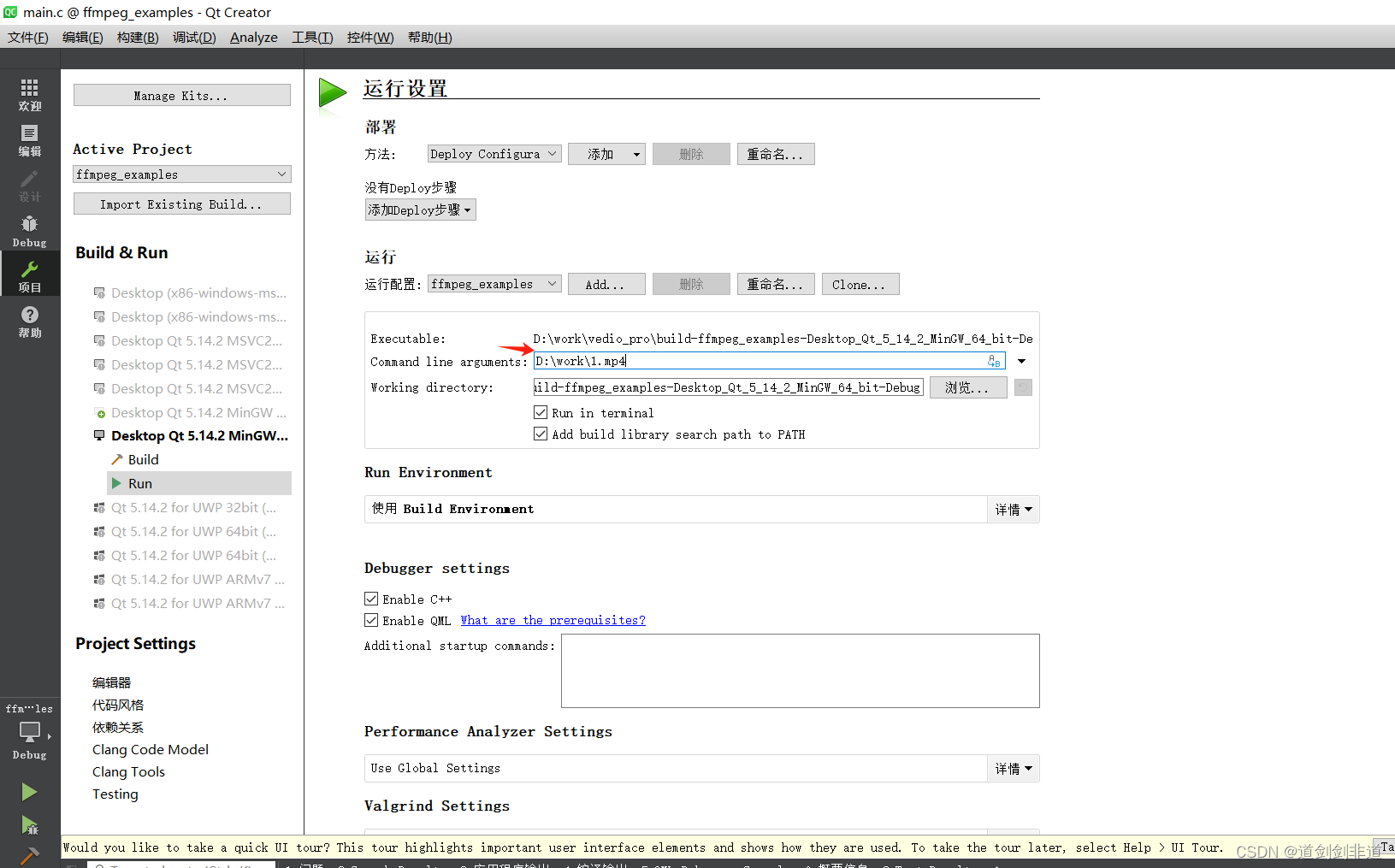
运行后使用播放器播放
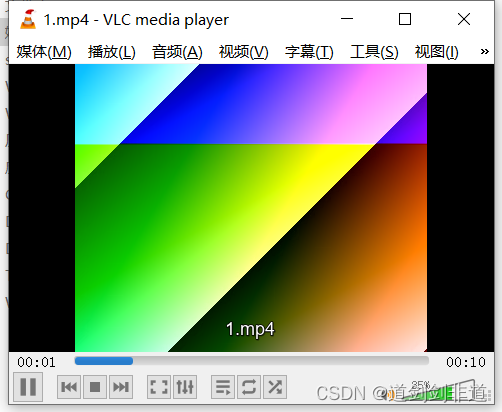
未完待续。。。
